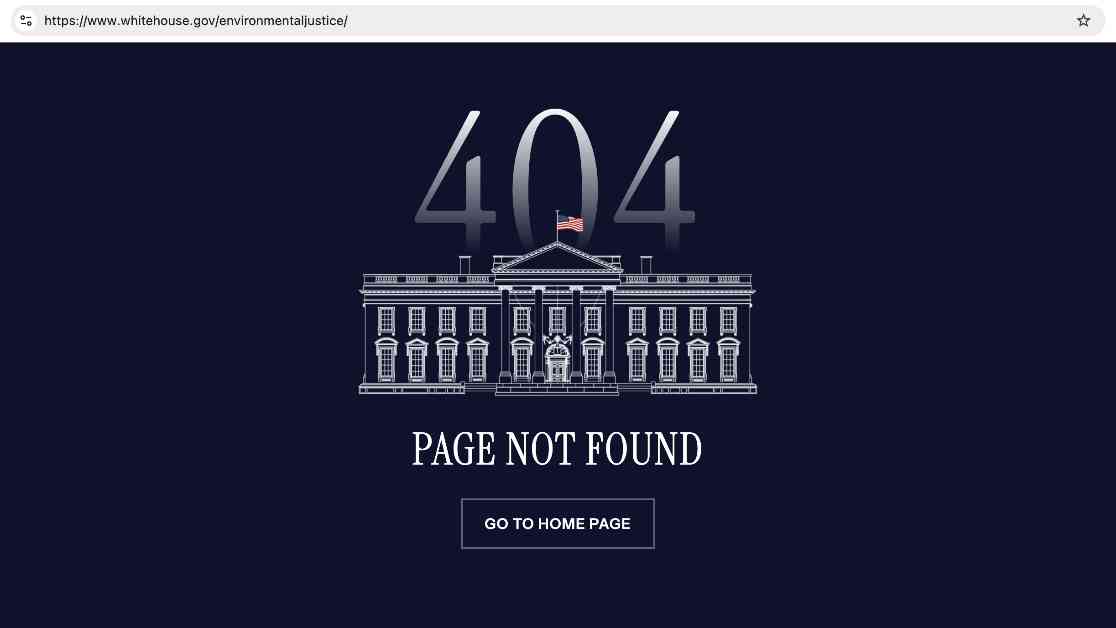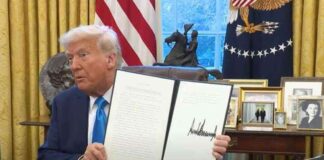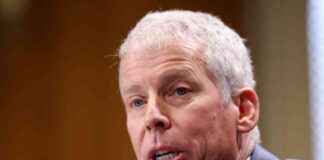Trump’s Opposition to Biden’s Environmental Justice Initiatives Sparks Legal Battles
In a bold move that has sent shockwaves through environmental circles, President Donald Trump wasted no time in dismantling key environmental justice initiatives put in place by his predecessor, President Joe Biden. Shortly after his second term commenced, Trump signed a series of executive orders aimed at undoing Biden’s legacy in climate and environmental justice, sparking outrage and legal battles across the nation.
The executive orders targeted Biden’s landmark achievements, such as the Justice40 Initiative, which directed federal agencies to allocate a significant portion of their environmental and energy spending to disadvantaged communities historically burdened by pollution and neglect. As a result, government websites related to these initiatives were swiftly taken down, erasing years of progress and promise.
Reversing Biden’s directives, Trump’s administration also moved to negate two executive orders emphasizing environmental justice in infrastructure spending, set a national goal for electric vehicle sales by 2030, and established the White House Environmental Justice Advisory Council. These actions have left activists and advocates reeling, as nearly 80 executive orders signed by Biden were swiftly overturned.
In response to these sweeping changes, community organizers and environmental advocates are gearing up for legal battles. Maria Lopez-Nuñez, an environmental justice organizer from New Jersey, expressed concern over the onslaught of policy changes, emphasizing the need to stand up against the tide of environmental rollbacks.
The impact of Trump’s actions goes beyond legal disputes, as health advocates warn of dire consequences for vulnerable communities. The environmental justice movement has long highlighted the disproportionate impact of pollution on low-income neighborhoods and communities of color, leading to higher rates of respiratory illnesses and other health issues. Abigail Dillen, president of Earthjustice, cautioned that Trump’s actions could lead to increased pollution and health risks for communities already struggling to breathe clean air.
Personal stories from advocates like Almeta Cooper and Roishetta Ozane underscore the real-world implications of Trump’s decisions. Cooper, from Newark, New Jersey, fears for her children’s health as pollution levels rise in her neighborhood, while Ozane, based in Louisiana, worries about the resurgence of polluting industries in her community. These narratives humanize the stakes of the legal battles ahead.
As legal challenges loom, experts like Michael Gerrard and Chandra Taylor-Sawyer predict a protracted fight over funding tied to the Inflation Reduction Act. Trump’s attempts to withhold congressionally appropriated funds face scrutiny under the Impoundment Control Act of 1974, raising questions about the legality of his actions and their potential impact on environmental justice programs.
Amidst the legal wrangling, Robert Bullard, a pioneer in the environmental justice movement, cautions against conflating environmental justice with diversity, equity, and inclusion (DEI) initiatives. Trump’s executive orders targeting DEI programs have further fueled the debate, with Republicans framing environmental justice efforts as radical and divisive.
Despite the challenges ahead, advocates like Bullard remain resolute in their commitment to the cause. Reflecting on decades of activism, Bullard emphasizes the need to persevere and resist attempts to undermine progress in environmental justice. As the legal battles unfold and the future of environmental policy hangs in the balance, the fight for a cleaner, healthier planet continues.














